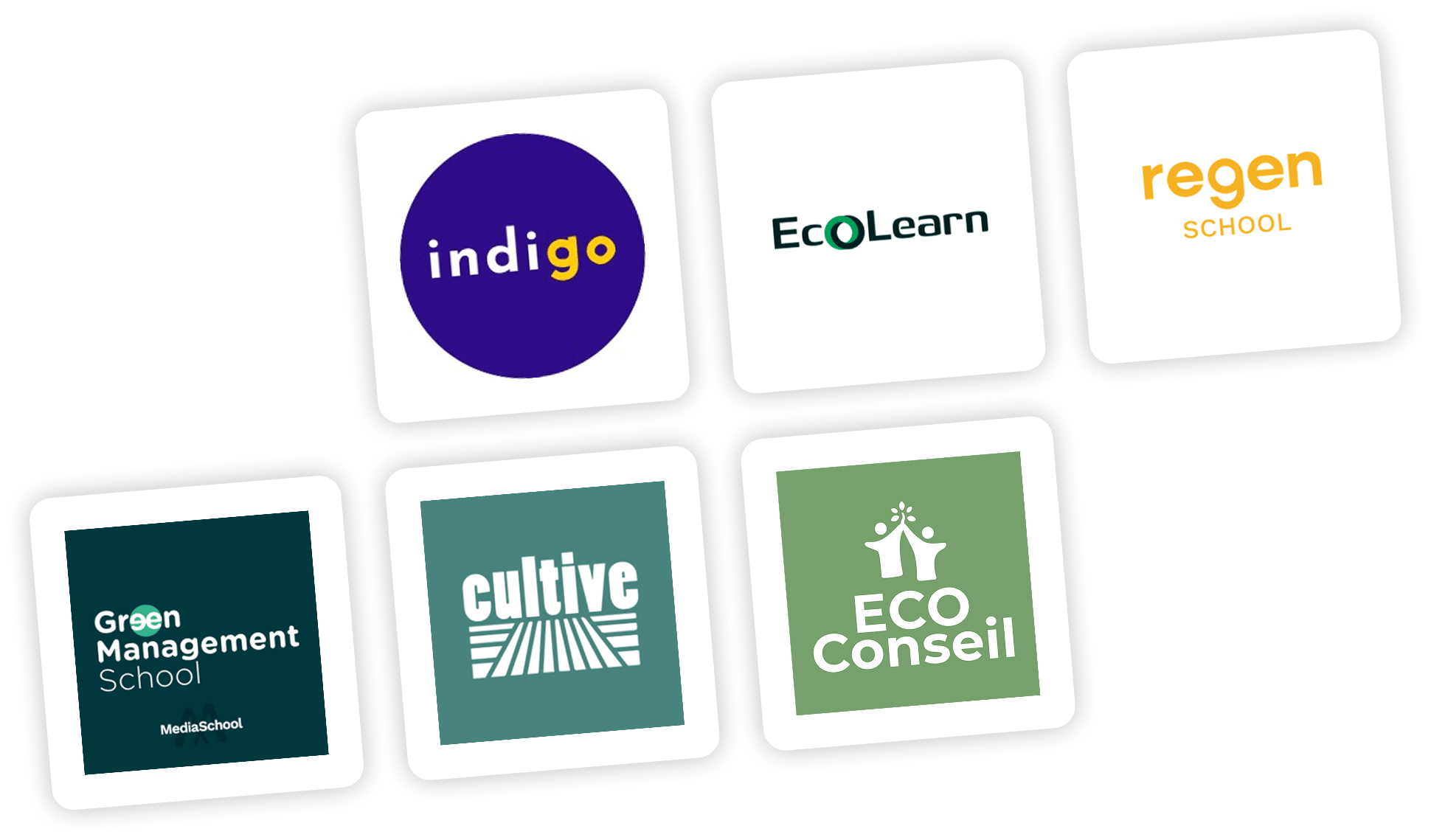Shared governance - the example of makesense
Governance issues are at the heart of the social and ecological transformation of organizations.
If we want to sustainably change the way we think about our model of society, we must also rethink the way we operate.
At makesense, we have been passionate about these issues for many years. That's why we decided early on to opt for a flat organization, based on the Opale principles of Frédéric Laloux.
Here is a summary of a great podcast by Alizée, co-founder of makesense.
With a system that is constantly evolving, what are the foundations of shared governance and how are they applied within makesense? Our model is based on trust rather than control. Trust is at the heart of every collaboration. So we're trying to tell you a little more about it, even though it's above all a model that is lived!
Horizontal organization
In the decentralized model, there is no leader, no defined hierarchy between people. Each employee has an operational referent, who allows him or her to develop and to ensure that he or she increases his or her skills. The power is therefore in the one who has the information. The sharing of information is therefore essential to ensure the smooth running of the organization.
Soliciting advice
How are decisions made, who decides? In fact, the answer is simple: everyone has a say.
When an individual decision is to be made that may have a collective impact, we use the opinion poll. This makes it possible to explain the decision and to collect the opinions of several people who are experts on the subject or who are affected by it.
Finally, if the decision could be dangerous for the integrity of the organization, we use the waterline, a committee elected by an election without candidates whose objective is to deal with the "hot" topics of the organization and to give an opinion, which may not be respected.
In summary, everything is summarized in one of our core values: be free as much as you're responsible.
Conflict management and the feedback culture
Conflict is part of the life of an organization. It must be accepted and processes must be put in place to deal with it.
In order to manage conflicts in the best possible way, makesense trains its employees in non-violent communication and the feedback culture to listen to each other and to better understand disagreements within a team or between 2 teams.
If the conflict still exists, there are trained mediators to resolve the conflict.
Self-determination of salaries
Our compensation model is based on three criteria: a common base, autonomy in your work, contribution to makesense and seniority. Each criterion has levels that determine the salary.
Once the salary has been determined, the employee applies for a step change during the development committee (annual interview) and the compensation committee gives a favorable or unfavorable opinion.
But the final decision is still up to the individual.
Conclusion
As you can see, the liberated organization is fundamentally different from the governance model of hierarchical companies. We believe that this model is more virtuous, but it is obviously not perfect and in constant evolution.
We encourage you to listen to this podcast and be inspired without copying and pasting the model to adapt it to your organization.



